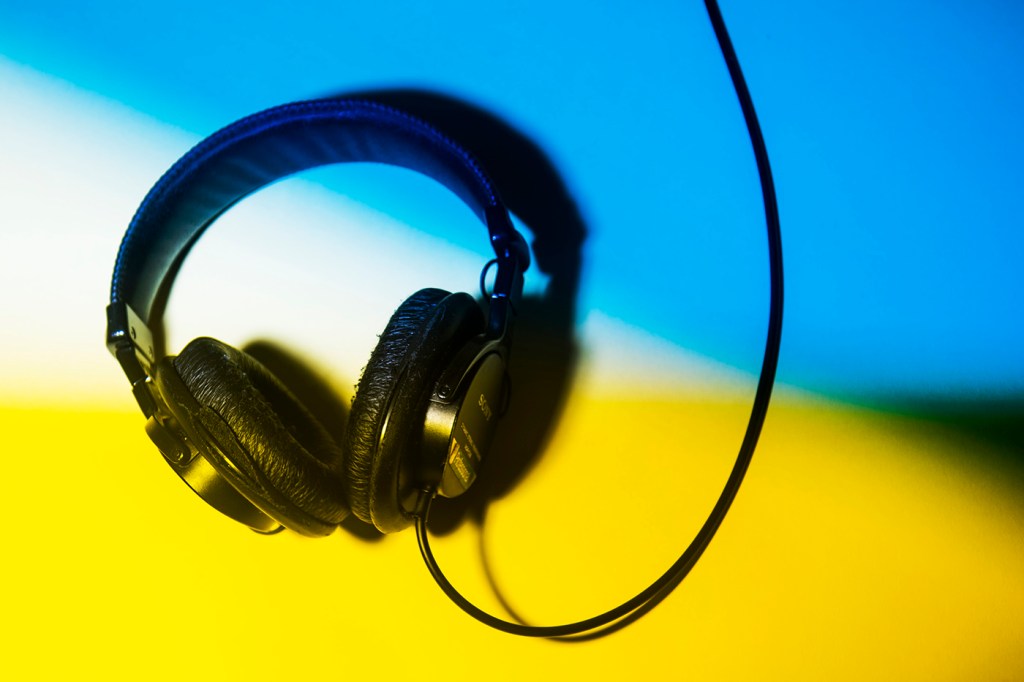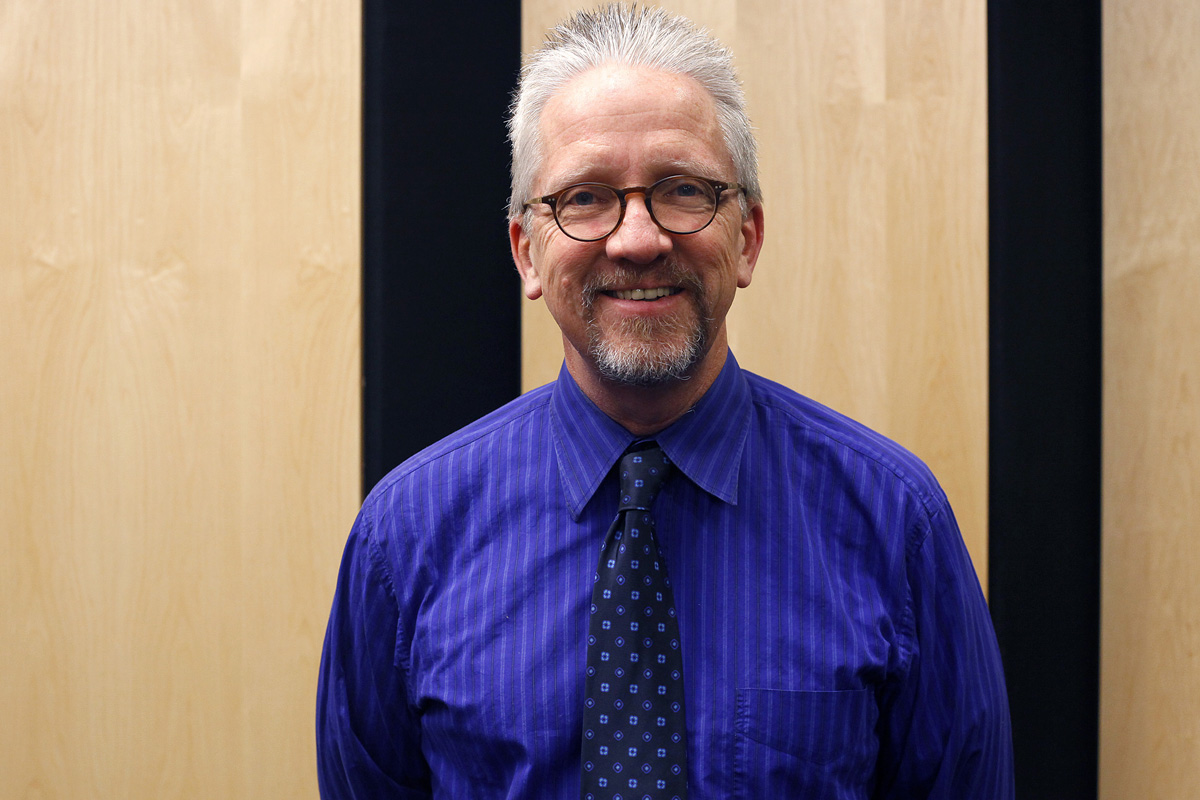Copyright law is getting a makeover. What does that mean for the music industry?

The music industry is one big dysfunctional family, according to David Herlihy, a copyright lawyer and music industry teaching professor at Northeastern. The artists hate the labels, the labels hate the publishers, the publishers hate the distributors. It’s very contentious.
But in a rare show of solidarity, members of this dysfunctional family unanimously support the Music Modernization Act, a bill passed by Congress last week.
The bill intends to do exactly what the name suggests: pull the industry out of the pre-internet past. If signed by President Trump, which is expected, the bill could drastically change outdated copyright laws. And, according to Herlihy, everyone would benefit.
The gist
The bill would update how licenses are distributed, which is good for songwriters and publishers, who make sure songwriters are compensated for their music. Both groups are often exploited under the current system.

Right now the industry functions under old copyright laws that make it hard for digital service providers such as Spotify, Pandora, and Apple Music to obtain licenses for the songs they offer.
The bill would make it easier for these digital service providers to get licenses and establish a group to enforce that companies adhere to the rules. And that’s good for everyone. Digital service providers would no longer be sued, and songwriters and publishers would receive the royalties to which they are legally entitled.
“Basically, this is going to make the industry a lot less litigious,” Herlihy said.
The blanket license
Currently, digital services providers must acquire licenses song by song. “It’s like creating a snowstorm one snowflake at a time,” Herlihy said. There’s no large scale system, which, he said, makes the process extremely tedious, prone to error, and illegal in cases when digital service providers just don’t get licenses.
Streaming is the future. There’s no doubt about it. This would make streaming more streamlined, and that’s a good thing for everyone.
David Herlihy, music industry teaching professor
“They get some licenses but not all of them because they claim they don’t know where to get them. There’s no centralized database,” he said.
The new law would create a blanket license, “a system for streaming services to obtain millions of licenses at once,” Herlihy said. “And that’s good for everyone because it creates less infringement.” And it makes the digital service provider’s job easier.
The mechanical licensing collective
In order to offer songs on their platforms, digital service providers must have a mechanical license, which grants them the rights to reproduce and distribute copyrighted compositions. The bill would create a mechanical licensing collective governed by publishers to oversee the new licensing process.
Streaming services will pay the collective for the licenses, and the collective will pay royalties to the songwriters. Herlihy said the collective is probably good for songwriters, but the devil is in the details.
“A lot of times, money comes in and no one knows who to pay. So in some ways, publishers have an incentive to not pay songwriters if they don’t know where the money is actually supposed to go,” Herlihy said.
To avoid this confusion, the collective will also set up a public database of licenses so that songwriters can hold publishers accountable and publishers can hold digital service providers accountable for paying royalties.
This new system will ultimately cost digital services providers more money, although “the royalties they’re paying now are the royalties they should have been paying the whole time,” Herlihy said.
Despite the added cost of the licenses, digital service providers are still supportive of the collective. In fact, “they’re paying for the creation and overhead of the collective,” Herlihy said. It’s cheaper than getting sued.
Pre-1972 music
In the United States, federal law started recognizing sound recording copyrights in 1972. The law didn’t work retroactively, though, meaning songs recorded before 1972 were not protected by federal law.
The bill would change this law so that songs recorded before 1972 are protected. This means digital service providers would have to secure licenses and pay royalties for songs recorded before 1972, which is something they currently don’t always do.
Basically, this is going to make the industry a lot less litigious.
David Herlihy, music industry teaching professor
Herlihy said this would benefit songwriters and digital service providers alike. Songwriters would henceforth be fairly compensated with the royalties they legally deserve, while digital service providers could expect to be sued less over antiquated laws.
What does this mean for consumers?
If digital service providers need to spend more money to stream songs (or, rather, actually start paying the royalties they were supposed to be paying this whole time), will consumers be charged the difference?
Herlihy said that in the short term, the bill would probably not increase the cost of streaming services since the royalty rates are fixed for the next five years. But in the long run, “it is going to increase the amount of money the service will have to pay, and that will probably make it more expensive for consumers,” he said.
The takeaway
Herlihy believes the bill is a good thing for everyone in the industry. Even though “not everyone is 100 percent happy,” including some of the digital service providers who don’t want to pay royalties, he said “there’s at least enough in there for everyone to endorse it.”
“Streaming is the future. There’s no doubt about it,” Herlihy said. “This would make streaming more streamlined, and that’s a good thing for everyone.”





